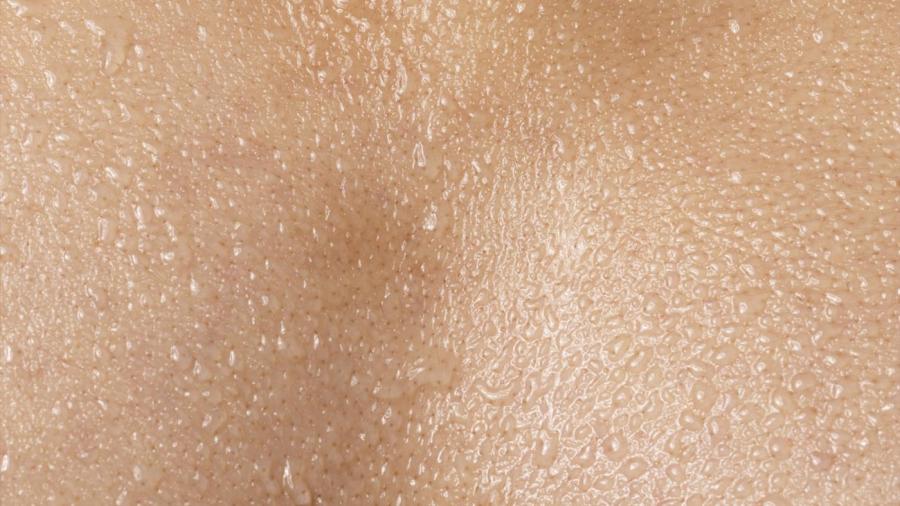What Does the Skin Excrete?

The skin excretes waste products and pheromones through perspiration. It is part of the excretory system, a passive biological system that is designed to remove waste from the body.
The skin’s function of waste removal is essential to the body as part of a larger biological system of waste removal. Sweat glands help rid the body of harmful nitrogenous waste, such as urea, uric acid and ammonia. A build-up of these wastes could cause adverse affects on the body.
Some of the skin’s excretions serve as protecting agents against outer elements. Sebaceous glands in the skin excrete sebum, a fatty substance that serves as a water repellent and helps the skin retain a smooth texture. Sebum also serves as a natural antibacterial and antifungal agent. Sebum can cause pores to become clogged on occasion, which can cause acne to form.
When the body’s temperature becomes too high, sweat glands in the skin cause perspiration, a water-based excretion that helps regulate the body temperature. The salt in the water helps the sweat to evaporate, acting as a coolant for the body. This process helps regulate the body’s salt levels.
Skin is a protective organ, and absorbs as well as excretes. It takes in oxygen and nitrogen, as well as other things necessary to keep it healthy.





